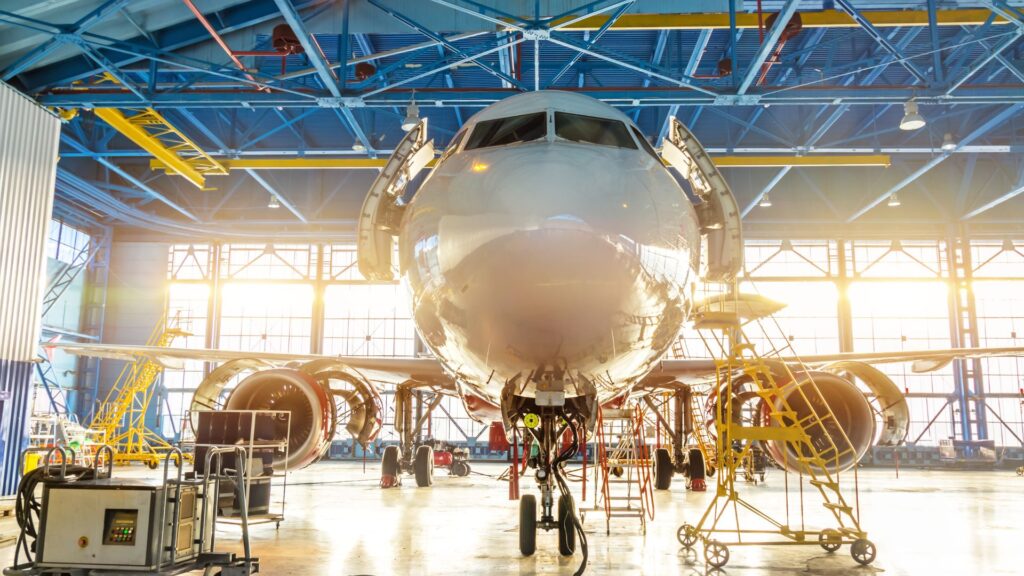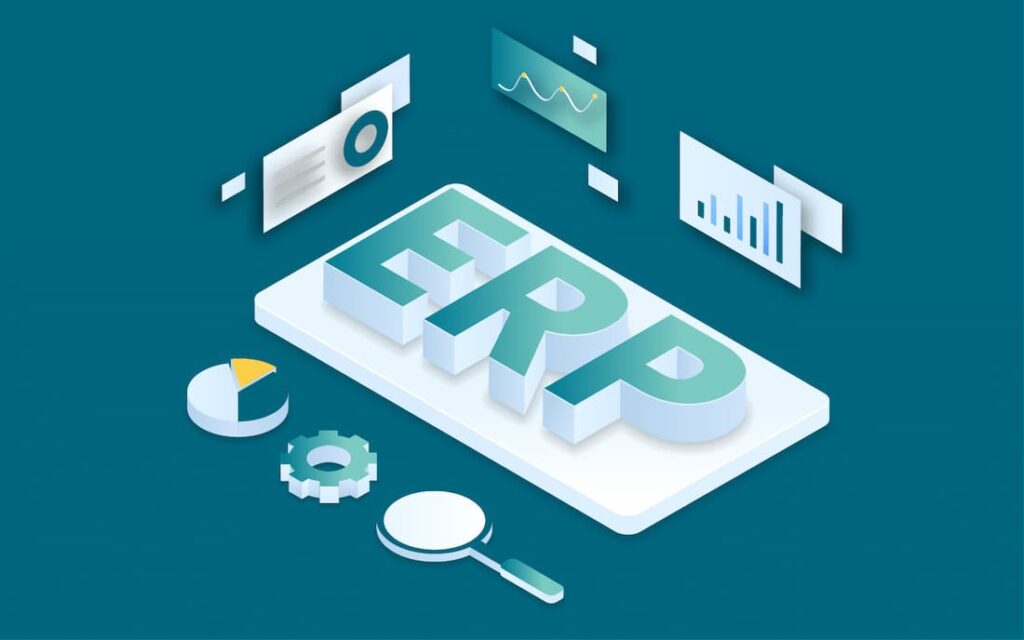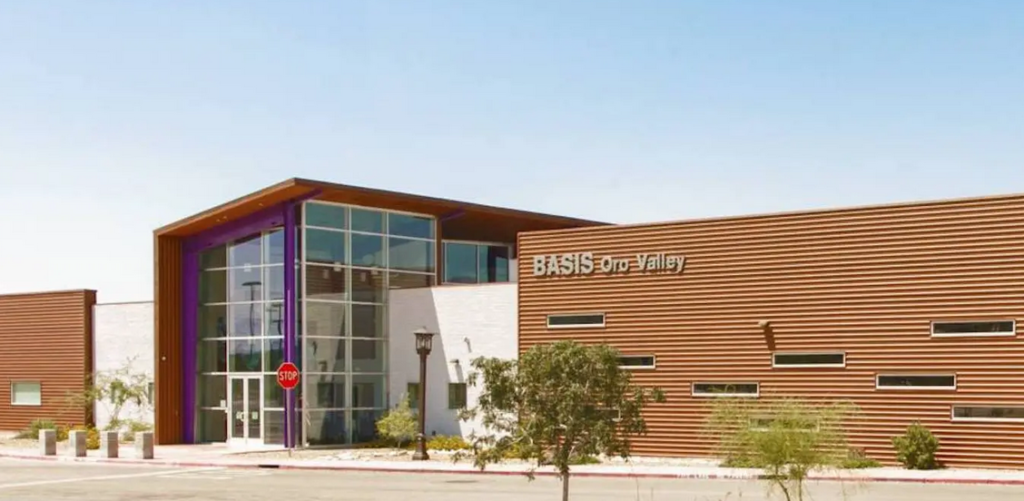Introduction
In the dynamic and ever-evolving aviation industry, efficiency, accuracy, and streamlined operations are paramount. This is where ERP (Enterprise Resource Planning) systems step in to revolutionize the way airlines, airports, and related businesses operate. Whether you’re an industry professional or simply curious, this article aims to provide an in-depth understanding of ERP for aviation, its significance, benefits, and FAQs.
What is ERP in Aviation?

Enterprise Resource Planning (ERP) in aviation refers to a sophisticated software solution that integrates various aspects of aviation operations into a unified system. It encompasses diverse functions such as finance, inventory management, human resources, procurement, maintenance, and more. The goal of ERP is to enhance collaboration, streamline processes, optimize resource allocation, and provide real-time insights for informed decision-making.
The Significance of ERP in the Aviation Industry
ERP plays a pivotal role in the aviation sector by addressing challenges and complexities unique to the industry. From managing aircraft maintenance schedules to ensuring efficient crew allocation, ERP systems contribute to:
- Streamlined Operations: ERP systems enable seamless coordination across departments, resulting in reduced operational bottlenecks and improved efficiency.
- Enhanced Safety: By facilitating effective maintenance and ensuring compliance with regulations, ERP systems contribute to safer operations.
- Real-time Insights: With centralized data and analytics, professionals gain real-time insights to make informed decisions promptly.
- Cost Savings: Efficient resource allocation and reduced downtime lead to cost savings, making ERP a smart investment for aviation businesses.
Benefits of Implementing ERP in Aviation
Implementing an ERP system in aviation brings forth a multitude of benefits that propel the industry forward:
- Efficient Resource Management: ERP optimizes resource allocation, whether it’s aircraft, crew, or maintenance tools, leading to minimized waste and higher productivity.
- Improved Maintenance: ERP systems enable predictive maintenance by analyzing data, reducing unexpected breakdowns, and enhancing aircraft reliability.
- Enhanced Compliance: In an industry with stringent regulations, ERP ensures compliance with safety and operational standards.
- Data-Driven Decisions: With real-time data at their fingertips, aviation professionals can make strategic decisions that improve overall performance.
- Customer Satisfaction: Smooth operations lead to on-time flights and better customer experiences, boosting loyalty.
How ERP Impacts Airlines and Airports
Airlines and airports reap substantial benefits from ERP implementation:
- Airlines: ERP systems help airlines manage flight schedules, crew assignments, passenger data, and cargo logistics efficiently. This translates to smoother operations and better customer service.
- Airports: For airports, ERP aids in managing terminal operations, security, baggage handling, and retail management. This results in reduced wait times and enhanced traveler experiences.
Implementing ERP in the Aviation Sector
Implementing ERP in the aviation sector involves several crucial steps:
- Needs Assessment: Identify the specific needs and challenges of the aviation business that the ERP system should address.
- Vendor Selection: Choose a reputable ERP vendor that specializes in aviation solutions, ensuring compatibility and reliability.
- Customization: Tailor the ERP system to the unique requirements of the aviation business, incorporating features like maintenance tracking, crew scheduling, etc.
- Integration: Integrate the ERP system seamlessly with existing software and databases to ensure smooth data flow.
- Training: Provide comprehensive training to employees to ensure they can effectively use the ERP system.
- Testing: Thoroughly test the ERP system to identify and rectify any issues before full implementation.
- Go-Live: Roll out the ERP system in stages, monitoring its performance and making adjustments as needed.
Overcoming Challenges in ERP Implementation
While ERP systems offer numerous benefits, implementing them in the aviation sector can present challenges:
- Complexity: Aviation operations are multifaceted, and aligning the ERP system with intricate workflows can be complex.
- Change Management: Employees may resist adopting new processes, necessitating a change management strategy.
- Data Migration: Migrating existing data to the new ERP system without disruption can be challenging.
- Integration Issues: Integrating ERP with legacy systems and third-party software may require extensive customization.

Conclusion
In the fast-paced aviation industry, staying ahead requires innovative solutions, and ERP systems have emerged as a game-changer. From improving collaboration to enhancing safety and customer satisfaction, ERP’s impact on aviation is undeniable. By understanding its significance, benefits, and challenges, aviation professionals can harness the power of ERP to drive their operations to new heights.
FAQs about ERP in Aviation
Q: How does ERP improve collaboration among departments?
A: ERP fosters collaboration by centralizing data, enabling departments to access and share information seamlessly.
Q: Can ERP systems handle aircraft maintenance schedules effectively?
A: Yes, ERP systems use predictive maintenance analytics to optimize maintenance schedules and reduce downtime.
Q: What impact does ERP have on passenger experiences?
A: ERP contributes to on-time flights and smoother operations, enhancing passenger experiences and satisfaction.
Q: Is ERP suitable for both large airlines and small regional airports?
A: Yes, ERP systems can be tailored to meet the needs of airlines and airports of all sizes.
Q: How does ERP enhance safety in aviation?
A: ERP ensures compliance with safety regulations, monitors aircraft maintenance, and reduces the risk of unexpected breakdowns.
Q: What role does real-time data play in aviation ERP systems?
A: Real-time data provides actionable insights for timely decision-making, leading to improved operational efficiency.

